In this “Ask Me Anything” (AMA) episode, Peter answers a wide range of questions from subscribers. Bob Kaplan, Peter’s head of research, asks the questions. If you’re not a subscriber and listening on a podcast player, you’ll only be able to hear a preview of the AMA. If you’re a subscriber, you can now listen to this full episode on your private RSS feed. You can also watch (or listen) to this full episode on our website at the AMA #8 show notes page. If you are not a subscriber, you can learn more about the subscriber benefits here.
AMA #8 Sneak Peak:
We discuss:
- Do DNA kits provide actionable info for cancer, CVD, diabetes, Alzheimer’s, nutrition, or exercise? [1:45];
- What genes increase longevity? And do those genes show up on genetic tests like 23andMe? [12:00];
- Who are some people that Peter would like to have as guests on The Drive? [15:00];
- Inflammation: Is CRP a useful marker? What can one do to reduce it? And what other inflammatory markers can I look at to gauge health? [18:30];
- What lipid test does Peter now use on his patients? What are the three best cardiovascular laboratories? [28:00];
- Metformin for longevity: What considerations should one think about before doing taking metformin for longevity purposes? [32:30];
- What is Peter’s take on salt and its role in things like high blood pressure and stomach cancer? [40:00];
- What markers does Peter find most interesting (and surprising) during his quarterly fasts? [47:30]; and
- More.
Do DNA kits provide actionable info for cancer, CVD, diabetes, Alzheimer’s, nutrition, or exercise? [1:45]
Let’s go back to the human genome project
- 20 years ago we were on the cusp of decoding the human genome
- We now know we have 20,000-30,000 genes
- But this notion that knowing the genome was going to change everything, it hasn’t panned out
Cancer: Do genetic tests help?
- We would think that the genetic revolution would help and that by knowing your genes you might know your susceptibility to a type of cancer
- However… there’s a difference between germline mutations and somatic mutations
⇒ Germline mutations
- Germline is the genes that you inherit
- So when you do a test like a 23andMe (not withstanding the huge inaccuracies that show up when you do these short kit SNP tests) what you’re doing is looking at the template you inherited (henec, germline)
- There are a subset of cancers where just knowing you inherited a certain gene dramatically increases your risk of that cancer
- BRCA mutation (you risk depends on which variant of it you have, but it approaches 80% with at least one of the variants)
- Lynch Syndrome (if you have the gene, it’s virtually guaranteed you’re going to get cancer)
- So would knowing you have those genes be helpful?
- Yes, however, as a general rule, if you know your parents (i.e., not adopted) you will likely know you have this without the genetic test
- However, patients who are adopted probably benefit from this
⇒ Somatic mutations
- Peter estimates that more than…
{end of show notes preview…}

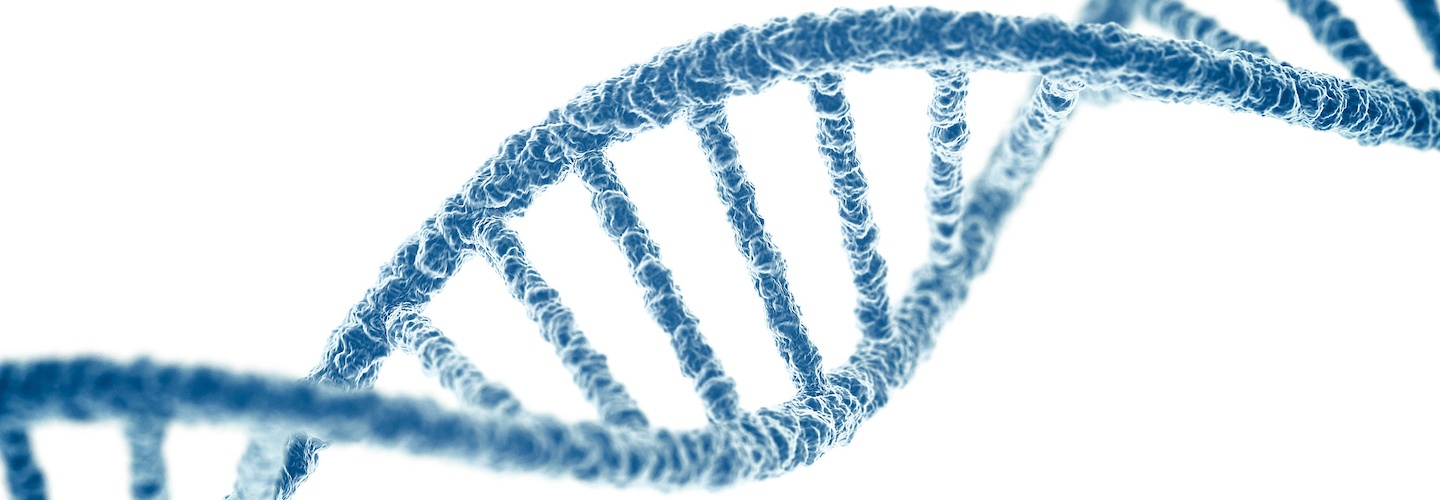
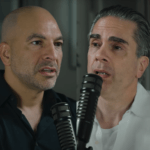
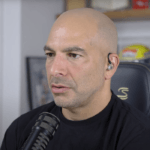
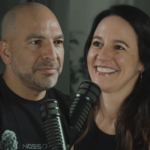
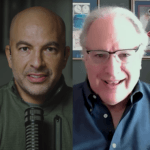
What do you think about the metabolic theory of cancer? Have you reviewed the current animal based research outcomes based on this theory? Human trials are just beginning.
One major researcher is Dr Thomas Seyfried.
Peter, I agree with your list of people you would like to have on the podcast; but am surprised you didn’t mention Hamilton (the F1 guy, not the dead politician guy).
Wheat and/or dairy association to fibrinogen. Which references are the most supportive in your opinion from the 143 references in Pubmed or elsewhere if you have done a literature review?
Can you address the phenomenon of epigenetics where Bruce Ames conference in 2007 at UC Davis outlines the influence of bathing our DNA with good nutrition and good habits of exercise can influence gene expression whether or not you have genetic propensities for Cancer. The formation of cancer according to my understanding requires a perfect storm of many confluent factors and epigenetics are less spoken of .
Hi, Thank you for the gift of your time! Here is why I choose to not ingest MSG: https://www.ncbi.nlm.nih.gov/pmc/articles/PMC1874333/
For me, it’s all about keeping my insulin low.
Podcast Guest: Nassim Taleb